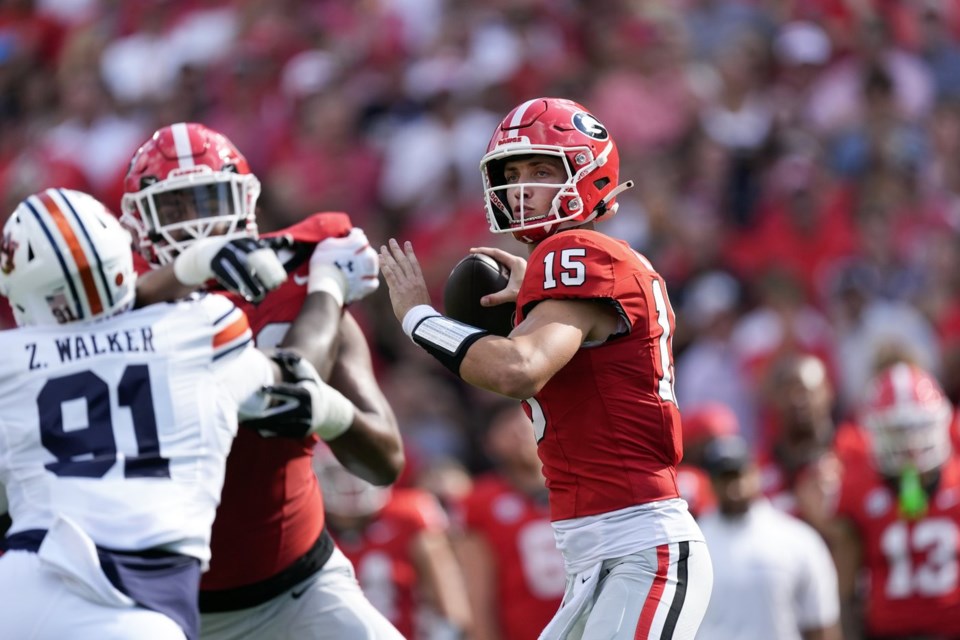A judge granted preliminary approval Monday to the that would by allowing schools to pay players.
U.S District Judge Claudia Wilken released an order setting a timeline for a deal that would put millions of dollars into the pockets of college athletes, who can begin making claims later this month.
A final hearing is set for April 7, 2025. If finalized, the deal would allow the biggest schools to have a pool of about $21.5 million in the first year to distribute to athletes via a revenue-sharing plan, but the athletes would still be able to cut name, image and likeness deals with outside groups.
“We are pleased that we are one step closer to a revolutionary change in college athletics that will allow billions in revenue sharing,” said plaintiff attorney Steve Berman.
The judge’s approval comes 11 days after attorneys agreement to address Wilken’s concerns. The main change involved getting rid of the word “boosters” and replacing it with a better-defined description of whose potential NIL deals would be subject to oversight by a neutral arbitrator once the deal goes through.
That did not, however, strike to the heart of the settlement, which sets up a revenue-sharing arrangement between schools and the athletes. The $21.5 million figure comes from the 22% of average revenue that power conference schools generate through media rights, tickets and other sources. It will be recalculated periodically through the 10-year window the agreement covers.
___
AP college football: and
Eddie Pells, The Associated Press



